Master Thesis CBS
A short guide
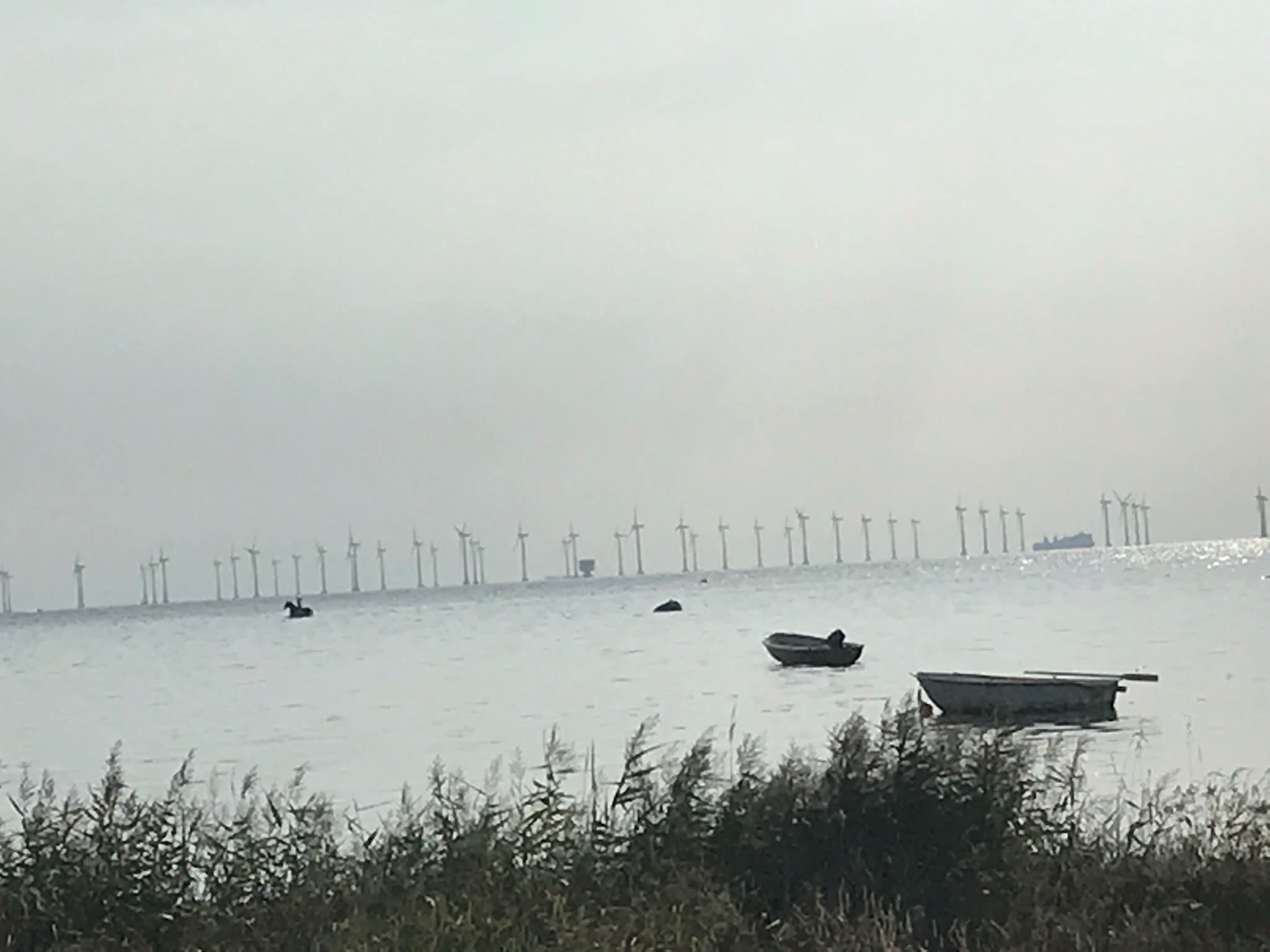
How to complete your Master thesis with good results and optimized usage of time
Your thesis is a fantastic change to exploit an area of your interest and use the knowledge that you have gained through your study - it is seldom to have so much time to focus on your learnings! This time it is dedicated the use of CBS, but can be used on any study.
I have probably been chosen as your councellor/vejleder and I look forward to meeting you!
I would like to share some of my experience from counselling more than 1000 thesis in various countries and being a certified evaluator of about half as many. Hopefully, some of my experience can be useful to you!
The intention is not to make a long and researched presentation. Actually the opposite... I hope you will find here a presentation that is short and concise and can give you quick inputs to how you can finalize your thesis.
I would also hope that this short presentation can help you, before our first meeting!
The requirements for your thesis are well described by CBS
Number of pages, preliminary subject, executive summary etc. Please be familiar with the requirements to your assignment before we meet.
Use the link
https://studentcbs.sharepoint.com/cems/pages/overview-and-deadlines.aspx
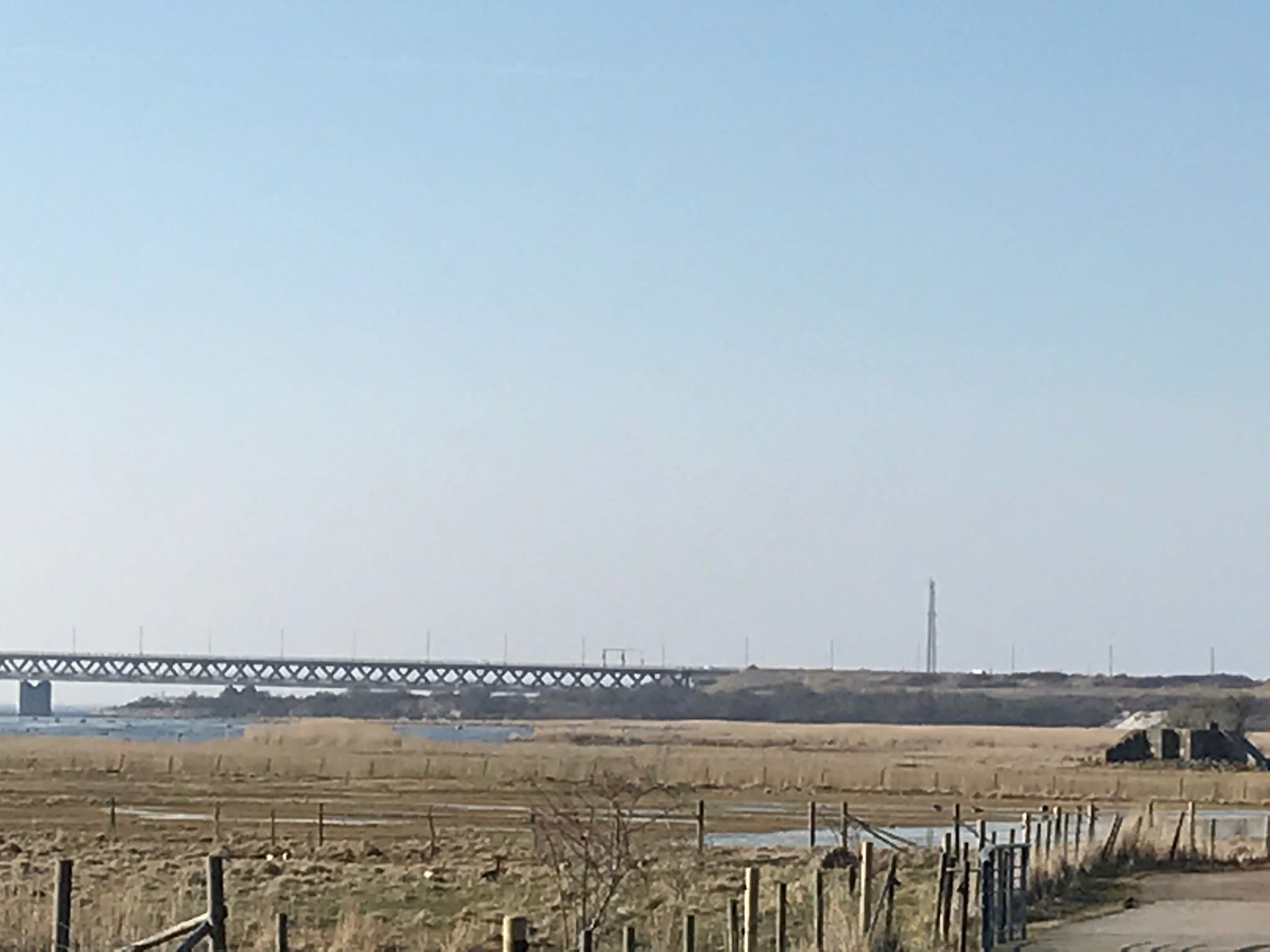
My approach to the Master Thesis and to your councelling;
The important area is to make sure that your thesis allows you to analyze a certain problem. The analysis needs to be so deep that it demonstrates your insight and capabilities.
Very few students have a problem in writing the required pages. I will show you. Many of the pages are almost done by themselves (ok... not entirely).
The difficult part is to focus on creating the analysis!
Master Thesis students almost never fails at the exam...

1
The content of your thesis

Basically, you need to write about 53 pages. The rest writes itself, as it has a clear structure and requirement.
Let us have a look at a typical structure, the first number is the page number...
Content
1 Abstract/Executive Summary
2 Introduction
3 Presentation
4 Research Question/Problem Statement (Thesis)
5 Problem Definition
6 Scientific Theory
16 Method/Methodology
21 Structure of the thesis
22 Investigation/Assignment Analysis
75 Conclusions (sub and final)
78 Evaluation
79 Perspective/Reflective Summary
Many of these pages are easily written, although they do have to be written. But, i.e. writing the method for the structured interviews that you have done, will be a piece of work, but have a structure of its own.
So, you have to write the pages between page 22 and page 75. I have allocated 8 pages for the conclusion, which will include sub conclusions which obviously will be earlier in the project. But our intention here is to illustrate how it would work.
Therefore, you need 53 pages of work - that is manageable!
We will now progress to discuss Scientific Theory!
2 Scientific Theory
This part of your thesis is really important. In your job not all your opinions needs to be qualified, but when you are a scientist it is required. This part of your assignment shows the level of your reflections.
Scientific Theory is about validity and reliability.
There are two dimensions;
1. Can we trust your conclusions/your work?
and
2. how can they be applicated?
The first dimension is about whether your work, if performed by somebody else, would end with more or less the same conclusions? If somebody else did exact the same interviews, would they hear the same as you - or are you biased? This part is crucial. If your work can not be trusted, neither can your conclusions. Your way of deriving these conclusions is important.
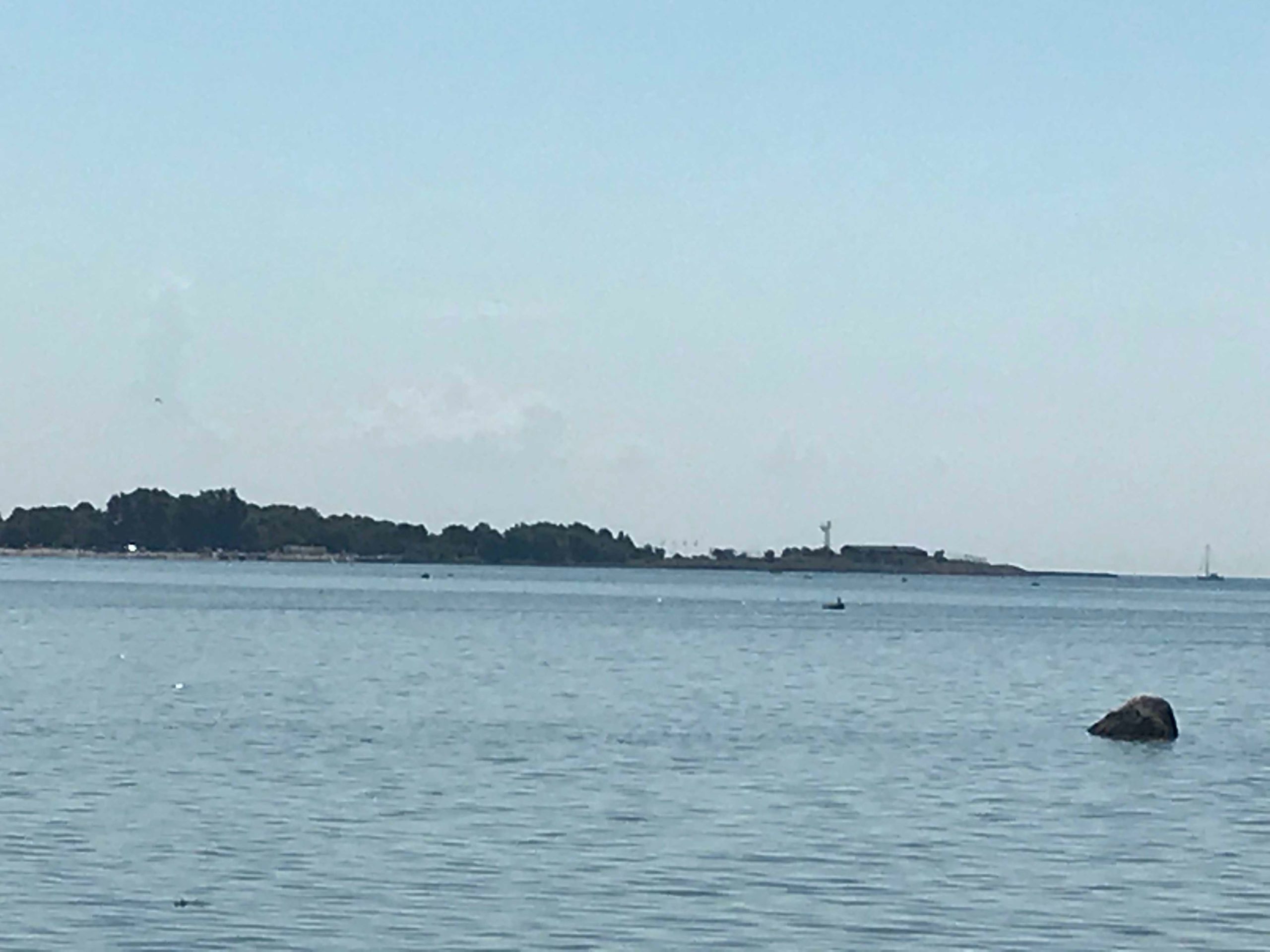
The second dimension is whether your conclusions can be generalized. Would these conclusions be valid for other research objects than yours?
This part of your thesis is really important. In your job not all your opinions needs to be It is important for the reader to understand how your views and way of working can impact on your scientific work. If you are examining an area in which you are personally involved, how will that impact on your conclusions? If you are biased how will that impact? How can your basic beliefs about fairness, ethics, business etc. impact your work? Do you have previous experience that have already biased your approach to the problem of your thesis?

In your assignment you will probably use litterature and other references. Make sure that at least some of these stem from Academic sources. A newspaper artice is NOT academic...

Scientific Theory
Scientific theory is not necessarily about striving to be completely objective or unbiased. It is rather about being open about how it can impact on your work. One of the major critizisms of single case studies are whether the researcher is able to see his own bias, limits etc. (
A popular approach is Burrel and Morgan (1979) which entails four paradigms. It includes two dimensions. First one is about subjectivism as opposed to objectivism. Second one discussess whether the intention is to understand the examined object or to change to examined object.

Your first task will be to determine the level of objectivity versus subjectivity. Can your studied object or field actually be observed and understood? If you examine the level of fairness in a legal study, the term "fairness" might not be unilateral. Different people might view fairness different. The same people might even view fairness different in various situations. Again, this is not a problem. You will use your section on Scientific Theory to explain this.
We have previously, during the course, discussed how managerial theories are created. What is the level of evidence that i.e. Lean is a universal theory? Or is it actually based on a certain set of beliefs by its authors, which explains important elements of the theory?
You will have to read the theory yourself and you can also start with a short video to introduce you to the concept of Burrel and Morgan.

3
3 Problem Statement and Problem Description
How to use the Problem Statement as a useful tool in your thesis.

Your problem statement will define your project. It needs to be easy to understand, defining a clear area of your work and be specific enough to serve as a guide for your project.
A problem statement can not be "How can the company improve its performance through the use of budgeting"
"Performance" can not be understood and is not defining a clear area. "the use of budgeting" is not specific enough to guide your project.
We will not be able to determine whether your problem statement has actually been answered.
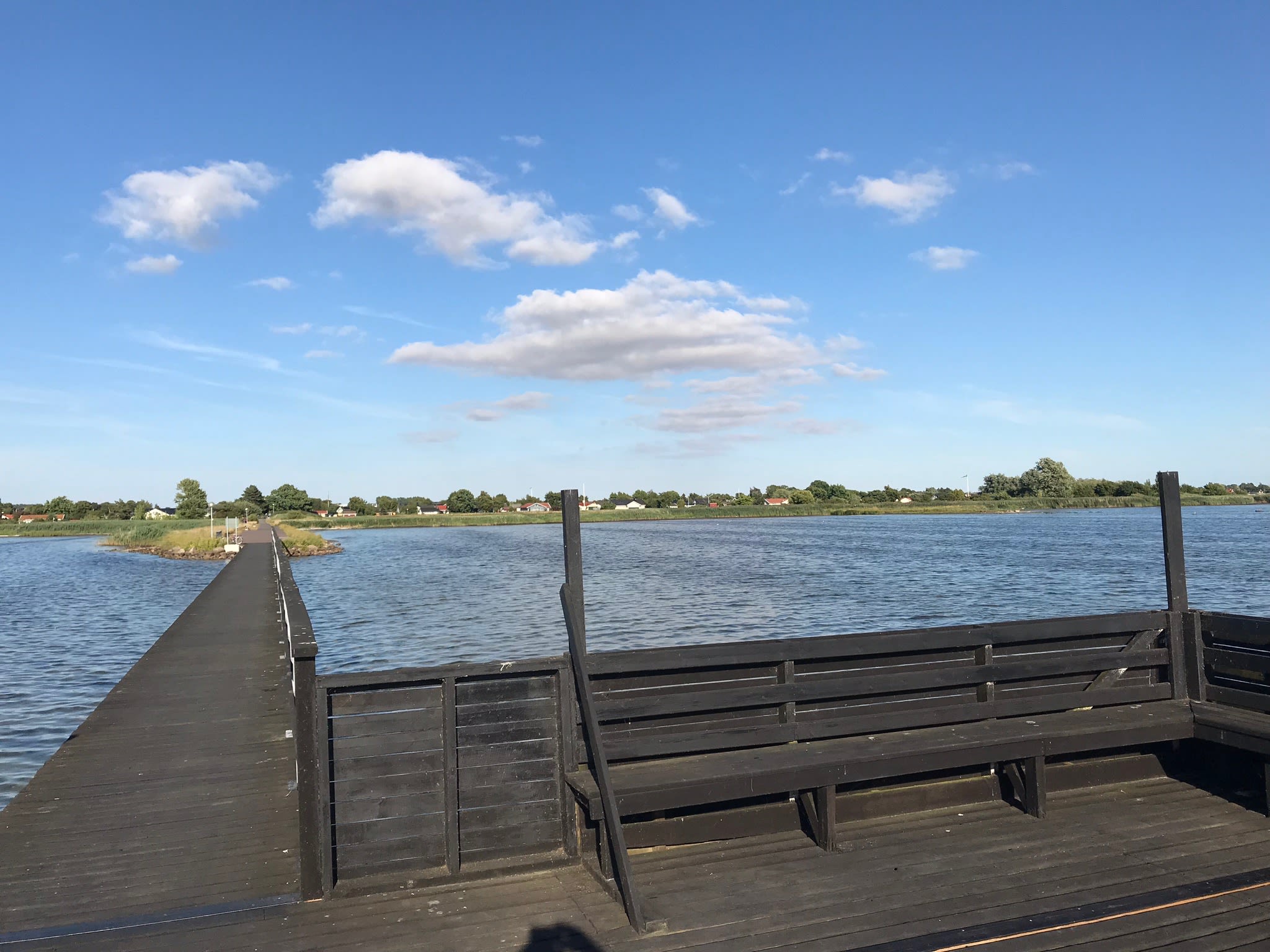
"How can the company improve the speed and accuracy of the annual financial target setting by implementing a budget procedure"
It is still not perfect, but it now defines the specific area of performance that we are targetting and it defines what areas of performance we are analyzing, - speed and accuracy. It also narrows the use of budgeting to the use of a budget procedure. There will now be available theory to use on both "Financial Target Setting" and "Budget Procedure".
You can now use the Problem Statement for a structure for your analysis with elements such as;
What is the current problem with target setting in the company? How could the budget procedure help? What theory would support your hypothesis etc.

Secondly you can describe the problem parameters that you are about to investigate. "This thesis will only handle the Danish part of the group and the department for Marketing and only the P/L budget targets will be examined"
Your problem description narrows the problem field, so that it is manageable for your assignment. Your conclusions, if you analyze a group of 250 companies, will be different than an analysis of a specific department in one specific legal unit. This is not about right or wrong but about being specific about your area of analysis.
There is available theory to use on both "Financial Target Setting" and "Budget Procedure".
You can now use the Problem Statement for a structure for your analysis with elements such as;
What is the current problem with target setting in the company? How could the budget procedure help? What theory would support your hypothesis etc.

4 Data Collection
Methodology

A scientific project is about collecting data and analyzing the data. As it is a scientific project, your method for collecting data and analyzing it must be scientific. You need a structure.
A project can be done in many different ways. You can collect statistical data, perform surveys or even do experiments. A very common method for MBA thesis, though, is the the case study.
A structure for a case study can be found at Robert K Yin´s work. Robert K Yin Link
Yin also defines three types of validity and the reliability.
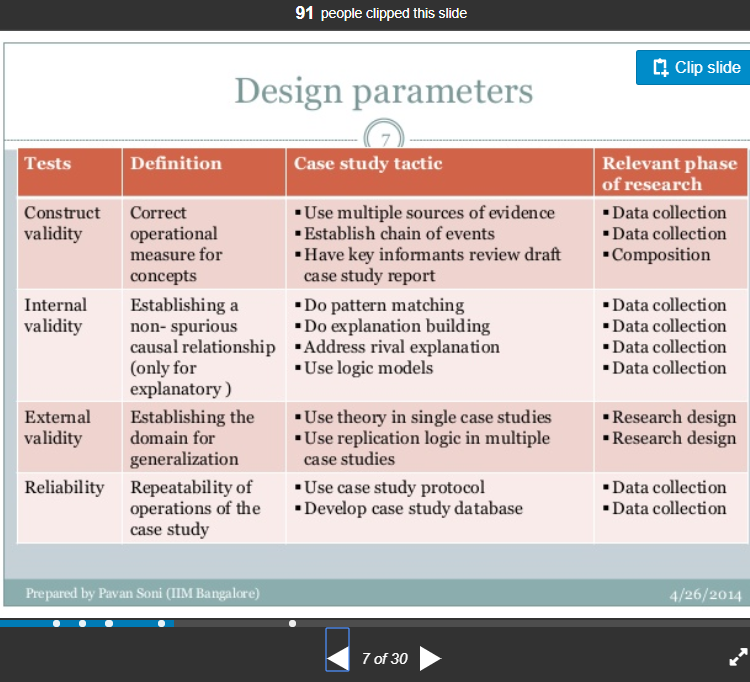
Yin also defines seven phases of a casestudy, which you can use as a checklist. The beauty of the seven phases is that they remind you of the scientific theory. They will answer whether you have defined and explained the relevance of your project and the adequacy of your research methods. As an example an interview can not be performed without a clear intention, purpose and a structure for the interview. Your questions and your hypothesises for the questions should therefore be described before the interview and be part of the assignment.

5 Analysis
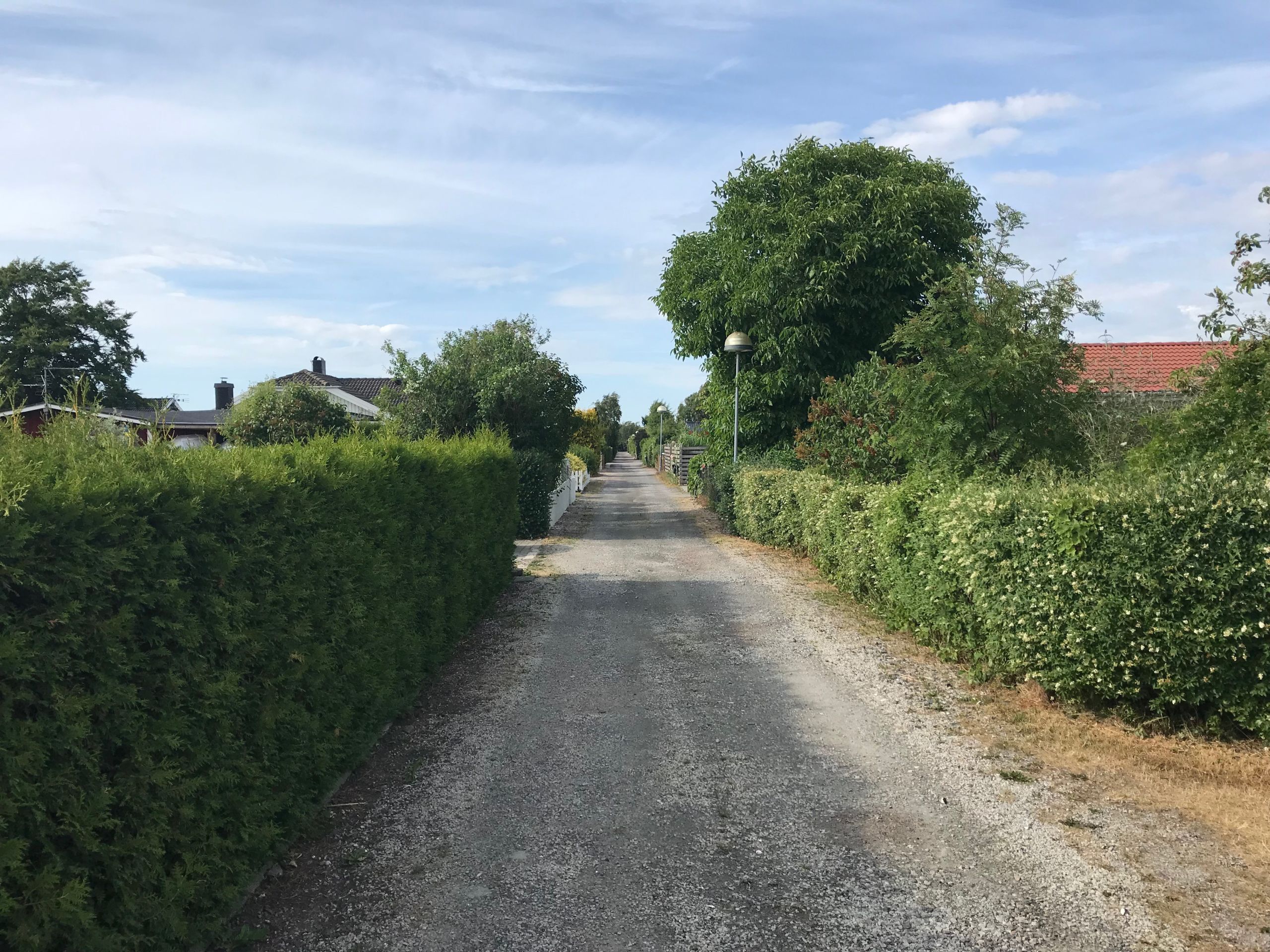
6 Analyzing - dont go halfway...
Your 55 pages should be analysis and not descriptions. The latter part is tempting, as you are describing areas that you find interesting. "Many people find the target setting process problematic, it is time consuming and does not lead to desired results. They would prefer to use a different method than the budget".
This is a description. There is no analysis. An analysis would explain, not describe and it would evaluate to ensure reliability and validity.
"Many employees complain about the target setting process. Surveys combined with interviews have shown that the underlying motive for the complaints are the insecurity among employees to loose their job, as can be seen in the data analysis on page..."

Now, it it still not perfect. But this is analysis. The conclusion is not to be afraid of narrowing the Thesis in order to create a more thorough analysis.
Evaluation of Thesis can often be made on very simple elements. To which extent is the Thesis transforming knowledge from problem areas that are connected, through analysis and the use of relevant theory. Theories are evaluated and discussed and used in the analysis. The problem areas are rather few than many. The structure is explicitly shown to the reader and based on an argumentation. (Lotte Rienecker)

6 You and I...
You can use your councellor as your discussion partner and a (hopefully) qualified and experienced person within your thesis area - and familiar with the exam requirements.
The best way is if you prepare meetings. Make an agenda for each meeting and send short material ahead of the meeting.
Meetings can be skype, messenger or where i work. It can even be a phonecall, when you need it the most.
I am not your library assistant or your "pre exam" auditor.
If you experience challenges, writing is not functioning, the group etc., - then I will also be there to offer you experience from others in the same situation.

6
References
Opgaveskrivning, Lotte Rienecker & Peter Stray Jørgensen, 1999
Projektvejledning, Jens Tofteskov, 1996
Problemformulering, Lotte Rienecker, 1999
Sociological Paradigms and Organisational Analysis, Burrell and Morgan, 1979
https://www.sagepub.com/sites/default/files/upm-binaries/41407_1.pdf


